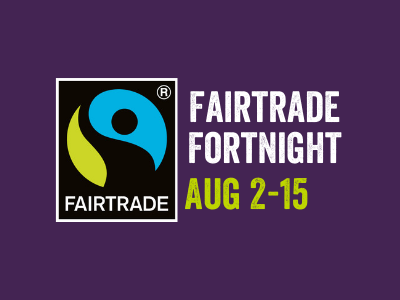Fairtrade Fortnight (2 – 15 August) in Australia and New Zealand takes a stand against economic injustice and empower farmers and workers in developing countries to escape poverty and improve their lives and livelihoods. Other nations mark Fairtrade Day at various times.
A multi-country survey shows that a majority of shoppers are familiar with the Fairtrade Mark and believe it reflects their personal values.
Of those consumers to have seen the Fairtrade Mark occasionally or often, a significant proportion (87% in both Australia and New Zealand) have trust in the Fairtrade Mark and closely associate it with providing fair prices, a living income and helping farmers to escape from poverty – attributes which are all crucial to building trust.
Coffee is the most visible Fairtrade product across the eight countries surveyed, followed by bananas, chocolate and cocoa. Despite the fact that domestic coffee consumption in Australia has steadily declined, Fairtrade certified coffee has grown 12.5% in volume over the last year.
These findings indicate that the Fairtrade Mark enables consumers to easily decide if a product has been responsibly sourced, and that the Mark on a product represents something they can be proud to be seen with, which reflects their personal values.
The 2016 Brigidine Congregational Forum called all Brigidines to “commit to the purchase of Fairtrade and other products which promote social and environmental well-being.”
During the weeks promoting Fairtrade, let us review our purchasing practices and recommit to buying only ethically produced tea, coffee, chocolate, cotton and other products in our homes and places of ministry.

